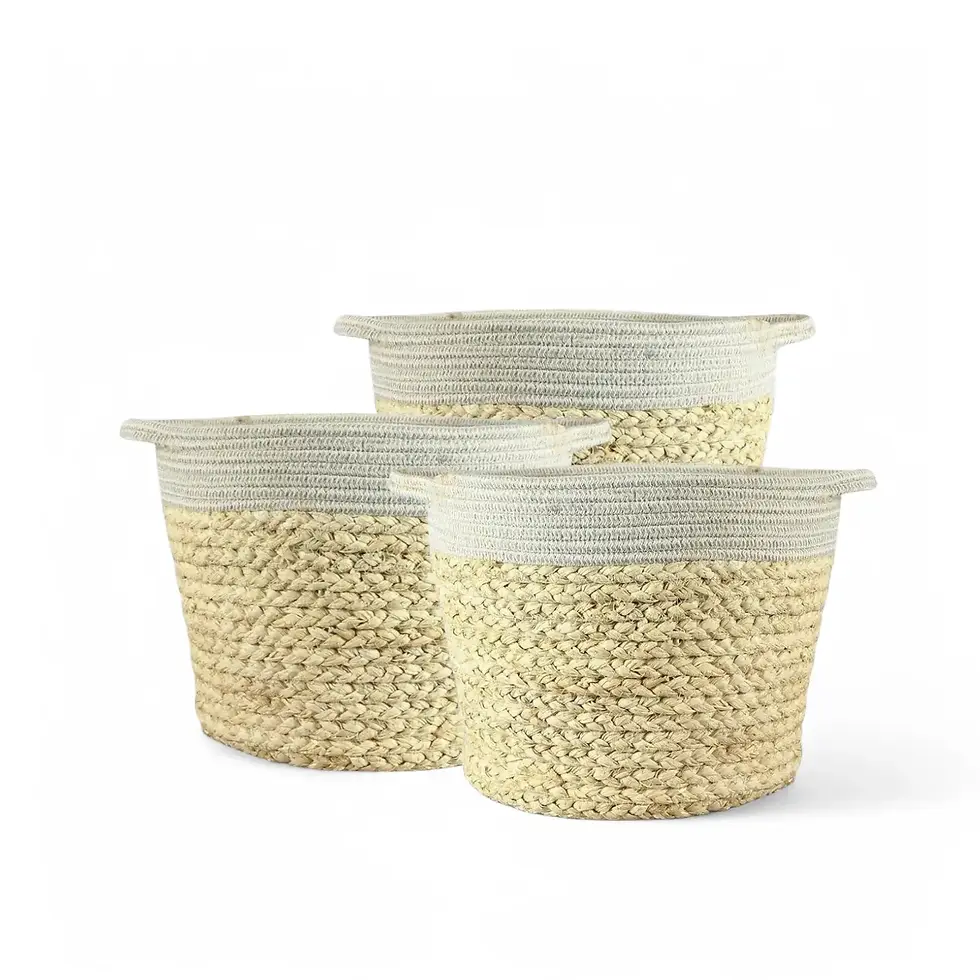Tradescantia zebrina 'Little Hill' – Care and Growth Guide
Tradescantia zebrina 'Little Hill' is a captivating cultivar renowned for its vibrant foliage and robust growth. This plant showcases slightly asymmetrical, pointed oval leaves measuring 6–9 cm in length and 3–5 cm in width. Each leaf displays two longitudinal stripes, with a dark greyish-green to greyish-purple base color and greenish-grey or light grey metallic stripes. The undersides of the leaves exhibit a dark greyish-purple to dark purplish-red hue. Its trailing stems, which initially grow upright before sprawling, make it an excellent choice for hanging baskets or as a cascading element on shelves, adding a touch of natural elegance to indoor spaces. :contentReference[oaicite:0]{index=0}
Features and Benefits
- Striking Foliage – Dark greyish-green to greyish-purple leaves with metallic stripes
- Trailing Growth Habit – Ideal for hanging baskets or as ground cover
- Low Maintenance – Adaptable and easy to care for
- Rapid Growth – Quickly fills spaces with lush foliage
Essential Information
- Origin – Cultivar of Tradescantia zebrina, native to Mexico
- Growth Habit – Trailing or creeping with succulent stems
- Indoor Size – Typically reaches lengths of 30–60 cm
- Toxicity – Sap can cause skin irritation; keep away from pets and children
Care Instructions
Light and Placement
- Thrives in bright, indirect light; tolerates lower light but may lose vibrancy
- Direct sunlight enhances leaf coloration but prolonged exposure can scorch foliage
Watering and Humidity
- Water when the top layer of soil feels dry, avoiding overwatering
- Prefers moderate to high humidity but adapts to average indoor levels
Temperature and Soil
- Thrives in temperatures between 18–24°C
- Requires a well-draining, aerated potting mix
Repotting and Fertilization
- Repot every 1–2 years or when roots outgrow the container
- Use a pot with proper drainage to prevent water retention
- Fertilize monthly with a balanced liquid fertilizer during active growth
Propagation and Growth Methods
- Easily propagated via stem cuttings
- Grows well in semi-hydroponic setups using an inert substrate
- Regular pruning encourages bushier growth and prevents legginess
Common Issues and Solutions
- Faded or dull coloration? Increase light exposure for more vibrant leaf patterns
- Yellowing leaves? Reduce watering and ensure proper drainage
- Leggy growth? Trim stems regularly to encourage compact, bushy growth
- Pests like spider mites, aphids, or mealybugs? Treat with neem oil or insecticidal soap
- Root rot? Avoid overwatering and use well-draining soil
Additional Notes
Understanding the natural growth conditions of Tradescantia zebrina helps provide optimal indoor care. Replicating its warm, bright, and well-drained environment ensures a thriving plant.
Interesting Facts
The genus name Tradescantia honors John Tradescant the Elder (c. 1570s–1638) and his son, John Tradescant the Younger (1608–1662), both notable English naturalists and explorers who introduced many new plants to English gardens. The species epithet zebrina refers to the zebra-like stripes on the leaves, highlighting its distinctive variegation. The cultivar name 'Little Hill' is widely used and accepted for this particular variety. :contentReference[oaicite:1]{index=1}
FAQs About Tradescantia zebrina 'Little Hill'
- Is Tradescantia zebrina 'Little Hill' pet-friendly?
No, its sap can cause irritation; it's best kept away from pets and children. - How can I enhance the leaf coloration?
Provide bright, indirect light to intensify the metallic stripes and purple hues. - Can it be grown in water?
Yes, it propagates well in water, though long-term growth is better in soil.
Order Tradescantia zebrina 'Little Hill' today and add a vibrant touch of green and purple to your indoor garden!
Tradescantia zebrina ‘Little Hill’
Tradescantia zebrina ‘Little Hill’ is approximately 35 cm long and comes in a ⌀ 17 cm pot

























































